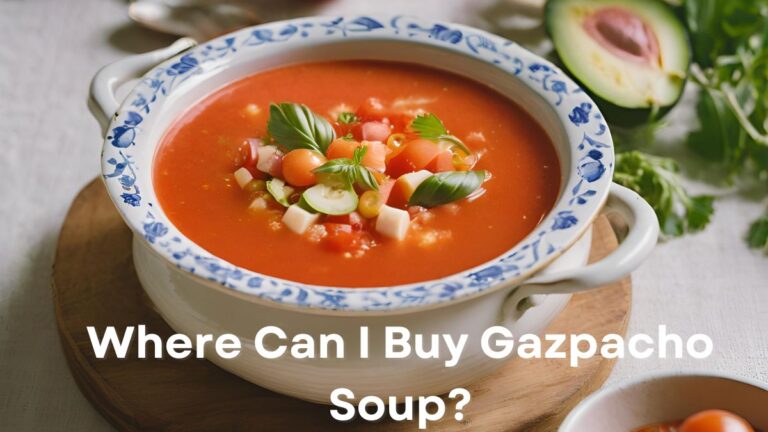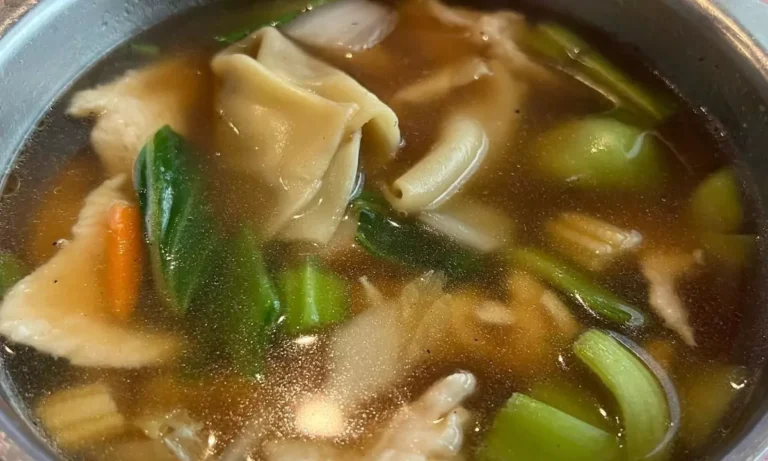is wedding soup a pittsburgh thing
Yes, Pittsburgh is known for its wedding soup, a regional dish that’s also popular in other areas with large Italian populations. Wedding soup, often referred to in Italian as minestra maritata, is a hearty dish traditionally made with greens, small meatballs, and pasta, all simmered in a savory broth. The name minestra maritata translates to “married soup,” reflecting the harmonious combination of ingredients rather than its association with weddings.
Where Did Wedding Soup Originate?
The origins of wedding soup trace back to southern Italy, particularly in regions like Naples. Historically, it was a peasant dish made from available ingredients, often incorporating tough vegetables and scraps of meat. The soup became popular among Italian immigrants who brought their culinary traditions to the United States, especially to areas with significant Italian populations.
Is Wedding Soup Popular in Pittsburgh?
Yes, wedding soup has become a quintessential dish in Pittsburgh and surrounding areas. The city’s strong Italian heritage—over a third of its population claims roots from southern Italy—has helped solidify wedding soup as a staple in local cuisine.
Characteristics of Pittsburgh Wedding Soup
- Ingredients:
- Small meatballs (often made from a mix of meats)
- Greens like kale or escarole
- Pasta (commonly orzo)
- Chicken broth
- Seasonings such as garlic and red pepper flakes
- Preparation:
- Meatballs are typically poached directly in the broth.
- Greens are added just before serving to retain their texture and flavor.
Why is Wedding Soup Significant in Pittsburgh?
Cultural Relevance:Wedding soup is not just a meal; it’s part of the cultural fabric of Pittsburgh. It often appears at family gatherings, holiday celebrations, and community events. The dish symbolizes warmth and togetherness, making it a favorite for festive occasions.Local Variations:While the core ingredients remain consistent, variations exist based on family recipes and regional preferences. Some notable adaptations include:
- Use of different types of greens (e.g., kale vs. escarole)
- Inclusion of various meats (e.g., beef, pork)
- Adjustments in seasoning and broth types
Popularity Indicators
- Canned Versions: Pittsburgh is known as the leading consumer market for canned wedding soup from brands like Progresso.
- Competitions: Events such as wedding soup cook-offs highlight the dish’s popularity and encourage local chefs to showcase their unique recipes.
Comparison Table: Traditional vs. Pittsburgh Wedding Soup
| Feature | Traditional Wedding Soup | Pittsburgh Wedding Soup |
|---|---|---|
| Primary Greens | Escarole or spinach | Kale or escarole |
| Meat Types | Various meats (e.g., sausage) | Ground meatloaf mix |
| Pasta | Often omitted | Commonly includes orzo |
| Broth | Varies by region | Typically chicken broth |
In summary, wedding soup is a significant part of Pittsburgh’s culinary identity. Its rich history, local adaptations, and cultural importance make it more than just a dish—it’s a symbol of community and heritage. Whether enjoyed at family gatherings or found on restaurant menus across the city, wedding soup continues to thrive as a beloved comfort food in Pittsburgh.






